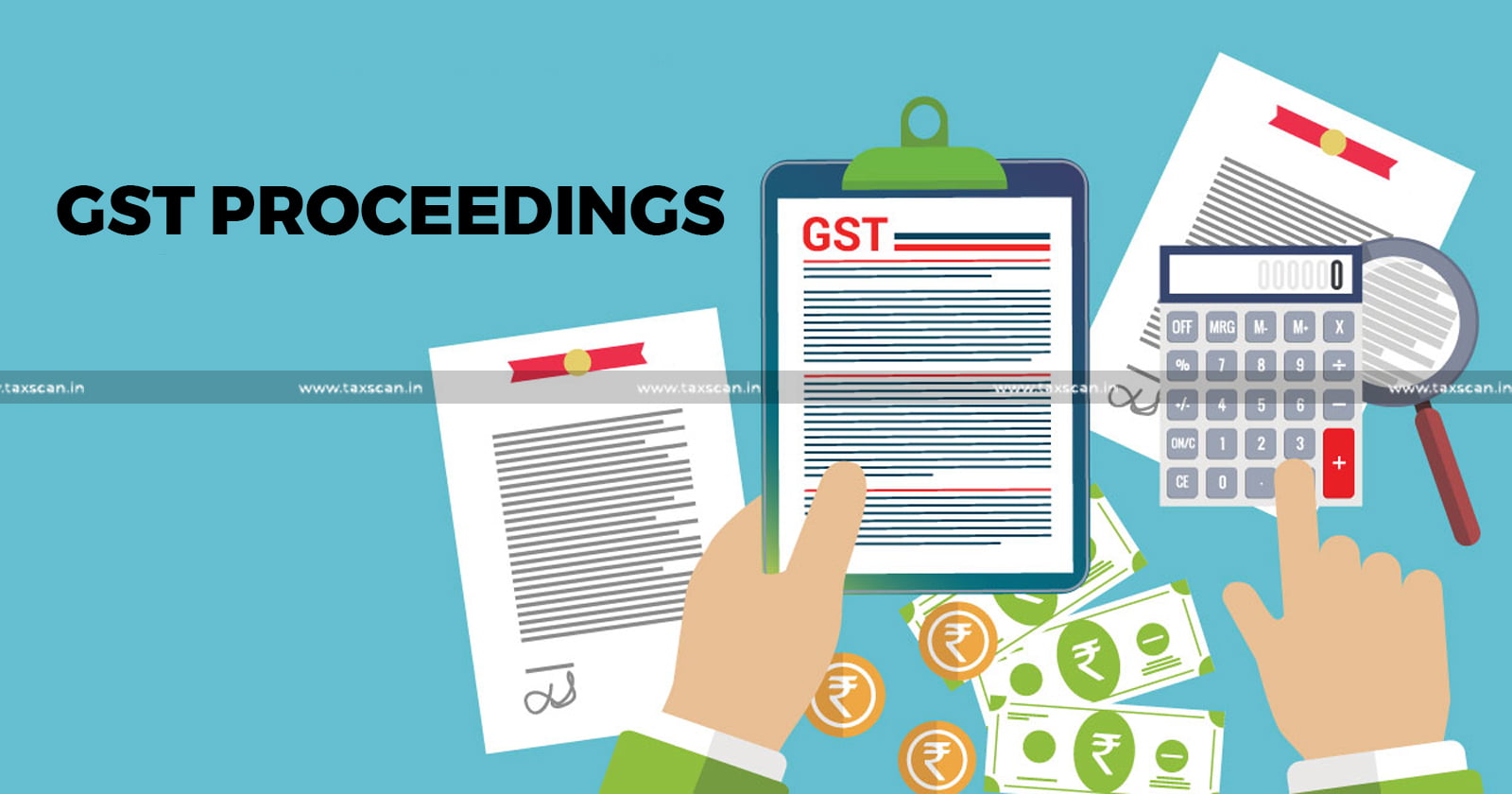Allahabad HC grants bail to Business Man alleged with Rs. 32 Crores GST Fraud [Read Order]
The Court allowed the bail application and directed that the applicant be released on bail upon furnishing a personal bond and two sureties, subject to standard conditions, including regular appearance before the trial court, non-tampering with evidence, and abstaining from any criminal activity
![Allahabad HC grants bail to Business Man alleged with Rs. 32 Crores GST Fraud [Read Order] Allahabad HC grants bail to Business Man alleged with Rs. 32 Crores GST Fraud [Read Order]](https://images.taxscan.in/h-upload/2025/11/12/2104612-allahabad-high-court-gst-fraud-grants-bail-taxscan.webp)
The Allahabad High Court granted bail to a businessman who was accused of availing and passing fake Input Tax Credit ( ITC ) under Goods and Services Tax ( GST ) amounting to ₹32 crores in violation of Sections 132(1) of the GST Act, 2017.
The applicant, Dhiraj Nath Gupta had been in judicial custody since June 22, 2025, and the complaint had already been filed after completion of investigation.
The applicant’s counsel submitted that the allegations against him were false and that he had been implicated without evidence.
It was further argued that all the alleged offences were triable by a Magistrate, carrying a maximum punishment of five years, and since the investigation was complete and the entire case was based on documentary evidence, further detention was unnecessary.
It was also pointed out that the applicant had no prior criminal history and that the trial was likely to take considerable time for completion.
Opposing the bail plea, counsel for the Directorate General of GST Intelligence (DGGI) contended that the applicant was a dishonest businessman who had fraudulently availed ITC worth more than ₹32 crores through shell companies.
However, the prosecution could not challenge that the investigation was concluded, the charge sheet had been filed, and that the offences carried a maximum imprisonment term of five years.
Justice Sameer Jain observed that the case was entirely based on documentary and electronic evidence, and that the trial would take considerable time to conclude.
The Court noted that the alleged offences were triable by a Magistrate, and the applicant had already spent four months in custody.
 Also Read:Jurisdictional Objection in Parallel GST Proceedings: Allahabad HC Declines to Invoke Extraordinary Jurisdiction [Read Order]
Also Read:Jurisdictional Objection in Parallel GST Proceedings: Allahabad HC Declines to Invoke Extraordinary Jurisdiction [Read Order]
The Court noted the Supreme Court’s observations in Vineet Jain v. Union of India where it was held that “The offences alleged against the appellant are under Clauses (c), (f) and (h) of Section 132(1) of the Central Goods and Services Tax Act, 2017. The maximum sentence is of 5 years with fine... the prosecution is based on documentary evidence… These are the cases where in normal course, before the Trial Courts, the accused should get bail unless there are some extraordinary circumstances.”
The Court also referred to Ratnambar Kaushik v. Union of India (2023), where the Apex Court observed that in economic offence cases based on documents, prolonged custody is unwarranted once investigation is over.
The Bench further relied on Sanjay Chandra v. CBI (2012) 1 SCC 40, wherein the Supreme Court held that “We are conscious of the fact that the accused are charged with economic offences of huge magnitude... At the same time, we cannot lose sight of the fact that the investigation has already been completed… Therefore, their presence in custody may not be necessary for further investigation.”
Thus, the High Court ruled that there was no justification to keep the applicant in custody any further.
Accordingly, the Court allowed the bail application and directed that the applicant be released on bail upon furnishing a personal bond and two sureties, subject to standard conditions, including regular appearance before the trial court, non-tampering with evidence, and abstaining from any criminal activity.
Support our journalism by subscribing to Taxscan premium. Follow us on Telegram for quick updates


